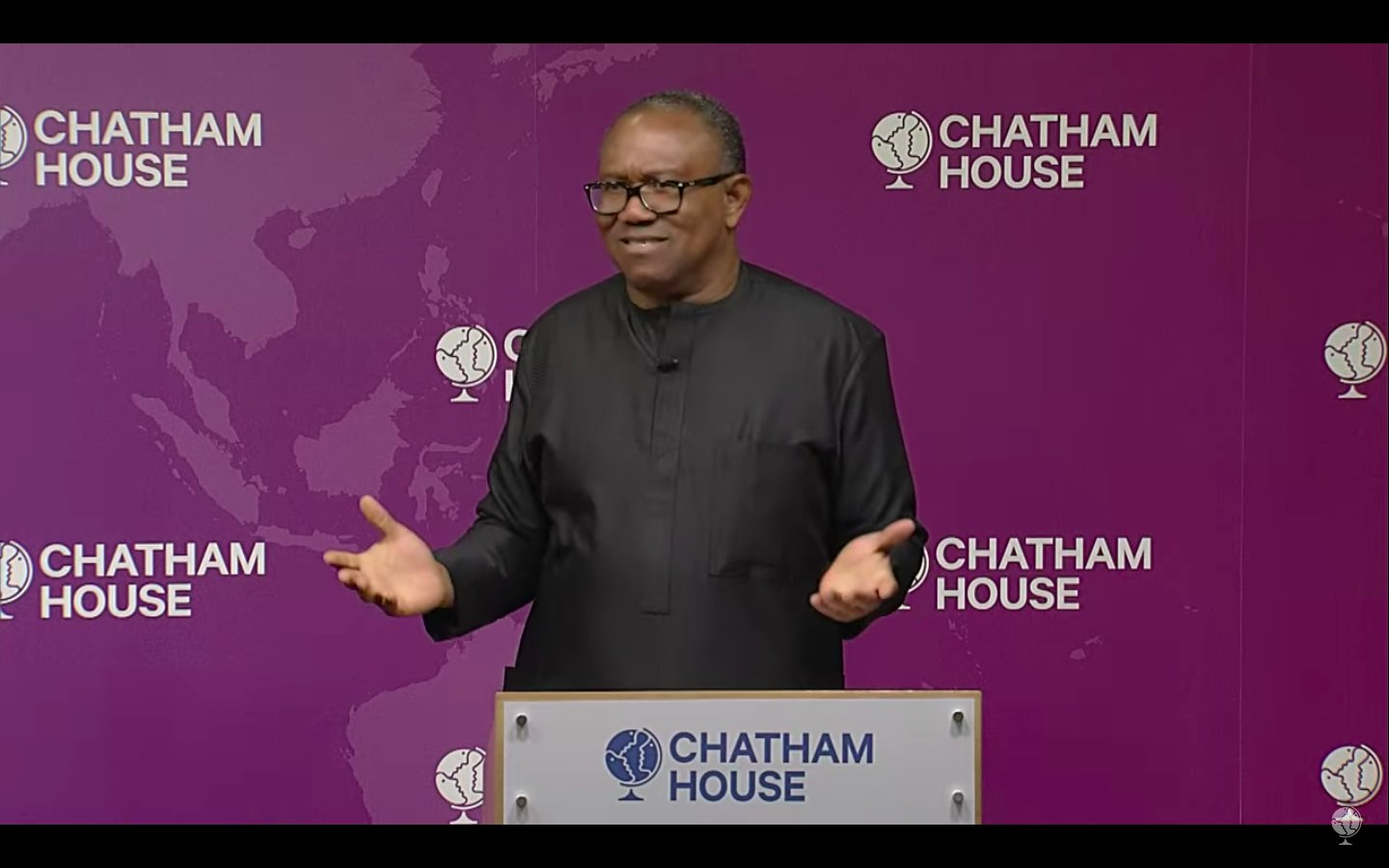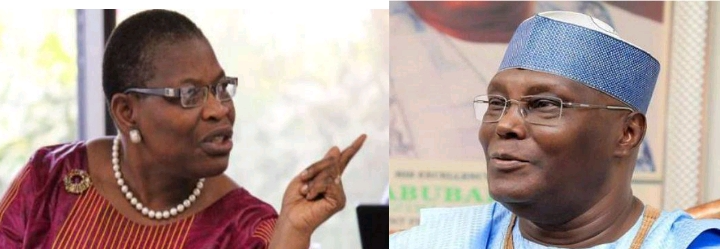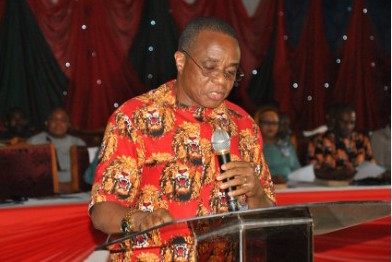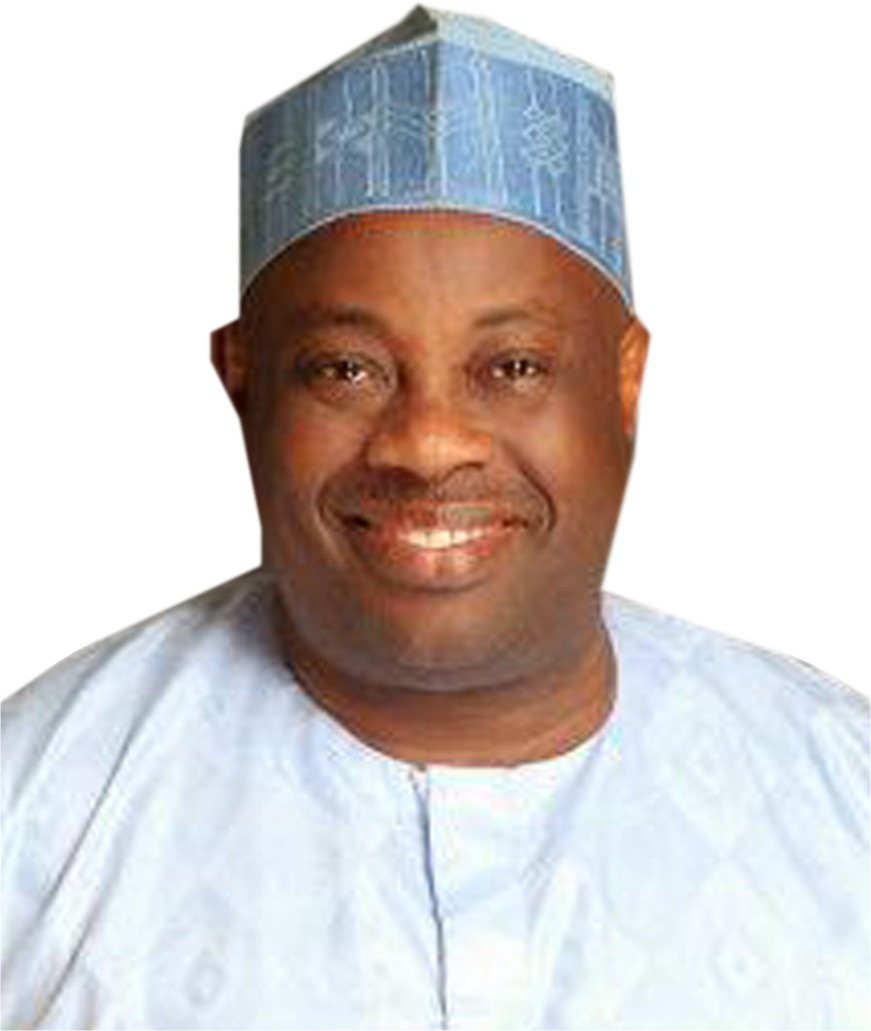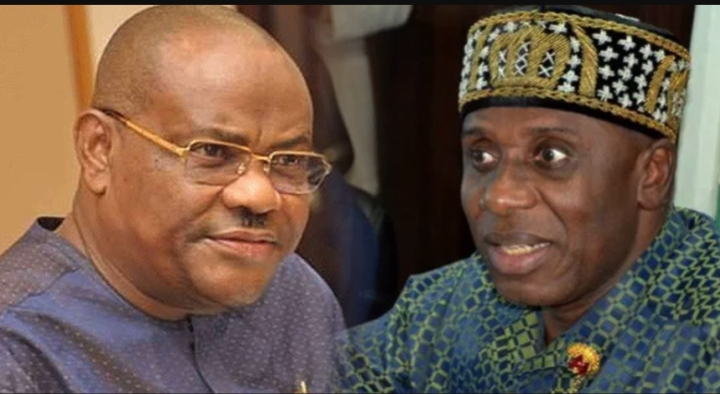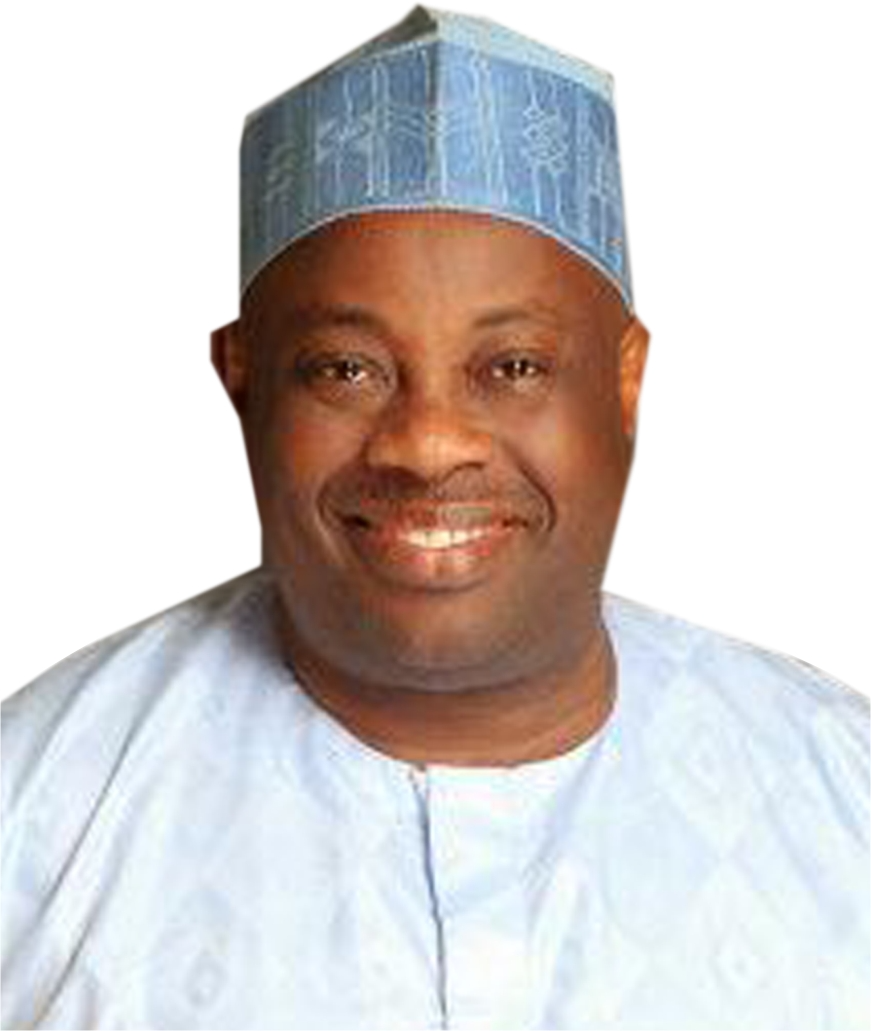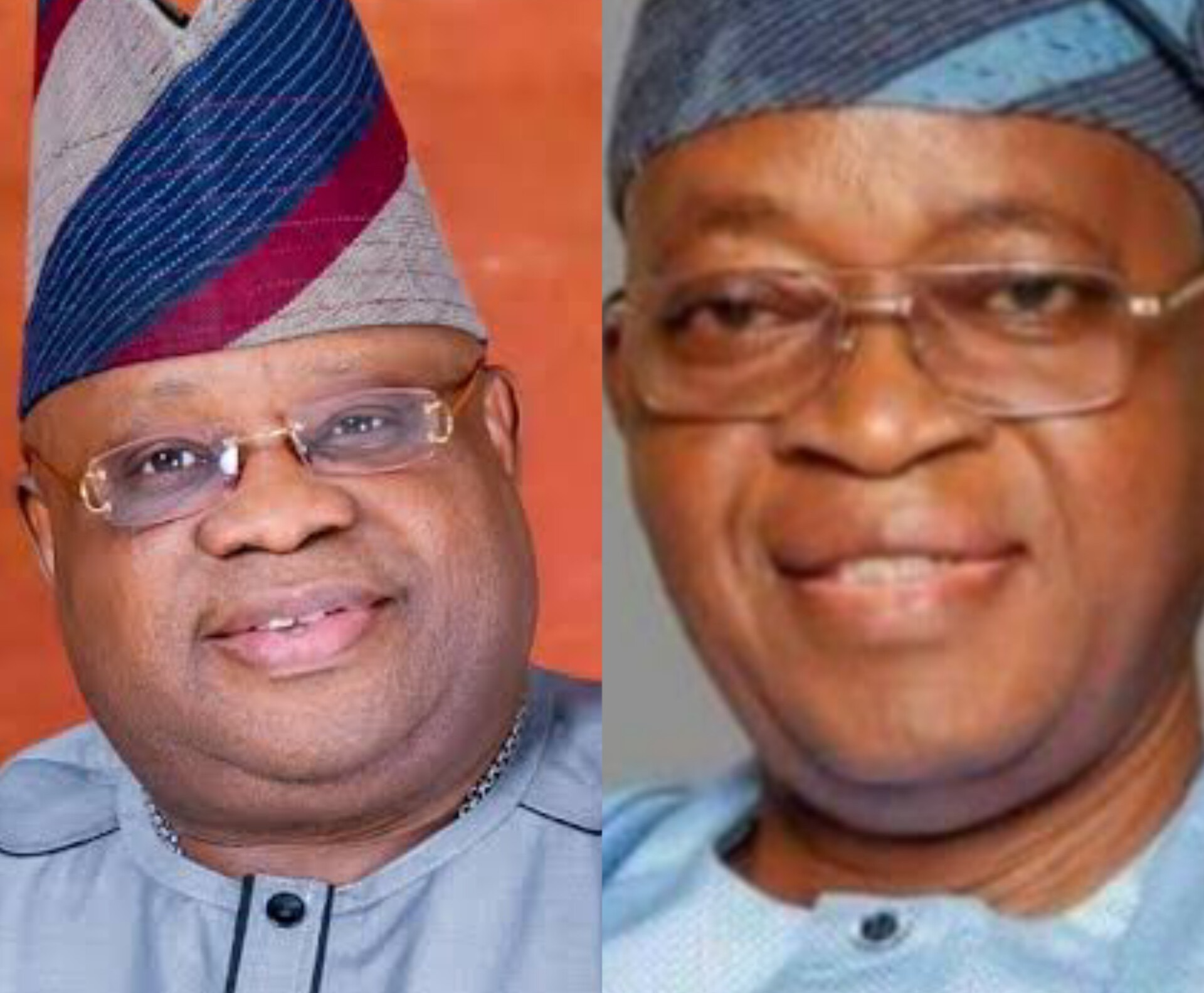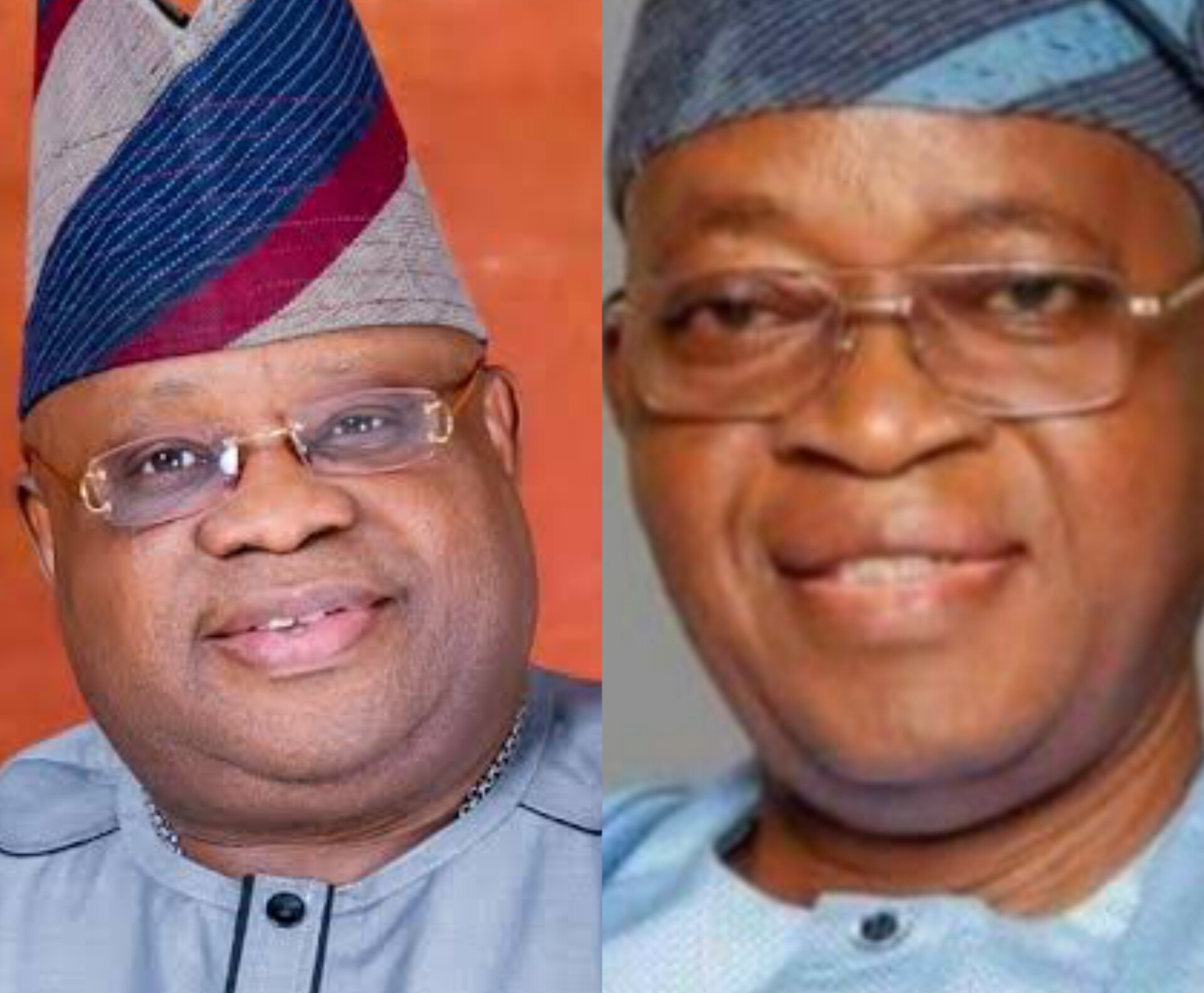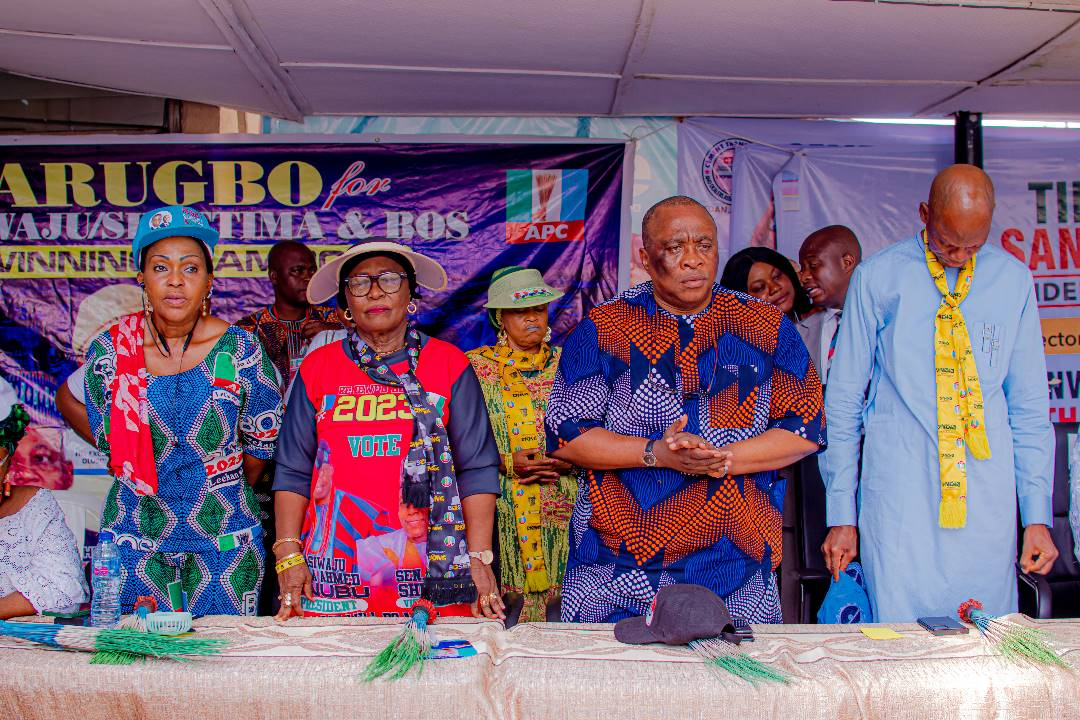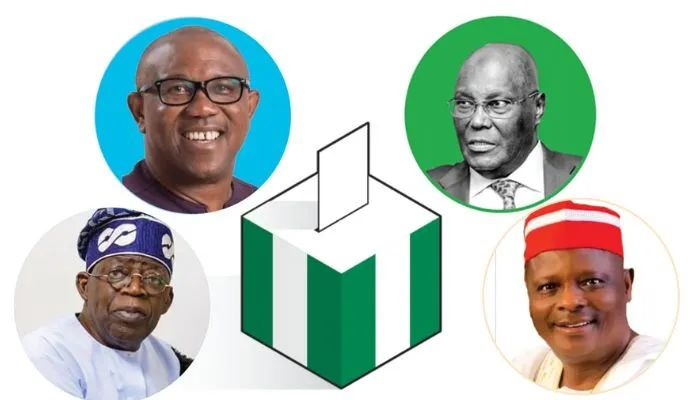Labour Party presidential candidate, Peter Obi was at Chatham House in London on Monday to speak about his plans for Nigerians ahead of the February 25, 2023 general elections. Obi, who stated that the Nigerian state is captive to an elite gang-up, unveiled his agenda to “take back Nigeria”, hinged on seven priority programs, while …
